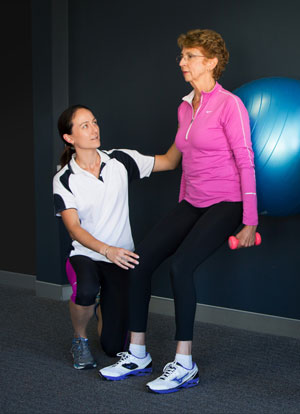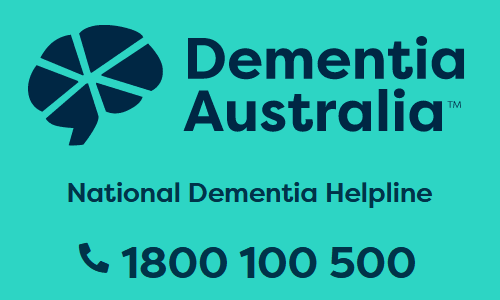A guide for people living with dementia and their carers
Published: December 2016. Next review: 2025.
This booklet talks about how you can improve your life by talking to allied health professionals. Allied health professionals include:
- Aboriginal and Torres Strait Islander health workers (these workers will have different titles in different states and territories)
- audiologists
- Chinese medicine practitioners
- chiropractors
- counsellors
- dementia advisors and key workers (see note below)
- dental therapists, dental hygienists and oral health therapists
- dietitians
- diversional therapists
- exercise physiologists
- music therapists
- occupational therapists
- optometrists
- osteopaths
- pharmacists
- physiotherapists
- podiatrists
- psychologists
- neuropsychologists
- social workers
- speech pathologists.
Note: Dementia advisors (sometimes known as key workers) are available in some states and territories. Most are allied health professionals (or nurses) with considerable experience or further training in working with people with dementia. They are included in this publication although they are not available throughout Australia.
Foreword
As a person with younger onset dementia, and a physiotherapist, I was very pleased to be asked to contribute a foreword to this very helpful document, which is aimed at encouraging the use of allied health professionals by people with dementia. When I was diagnosed with posterior cortical atrophy in my early fifties, just over four years ago, I was completely unaware that this disease was possible at that age. But in the intervening years, I have found ways to continue to live life in a meaningful and engaged way.
Since my diagnosis, I have found it very important to seek out appropriate support and put it in place earlier, rather than later. I have seen first-hand what a difference it can make to keep active and be physically, cognitively and socially engaged, as it maximises my quality of life. I have found the assistance of allied health professionals to be invaluable, and of particular help in managing the more unfortunate symptoms of dementia.
Also, since my diagnosis, I have volunteered my physiotherapy skills to run a gentle exercise group for older people with dementia in my local area. Pleasingly, this has not only benefited the people concerned, but has also given me satisfaction from helping others to maintain their health. Unfortunately, I have discovered that the use of allied health professionals is not as widespread as it could be within the dementia community, and as such, many people are not making use of the skills that this sector offers. Consequently, I feel that the production of this guide is very timely and will be of great benefit to all people in the broader community.
As a consumer of dementia-related community services, I would like to encourage the broader awareness of allied health services, and their potential benefit to consumers in maintaining their quality of life for as long as possible. I am sure that consumers would like to be able to be given assistance, wherever practical, to be involved and engaged in retaining our valued roles and activities in daily life.
I encourage people with dementia, and those who love and care for them, to read and make use of the information in this document.
Maxine Thompson
The National Dementia Helpline is an Australian Government funded initiative.



